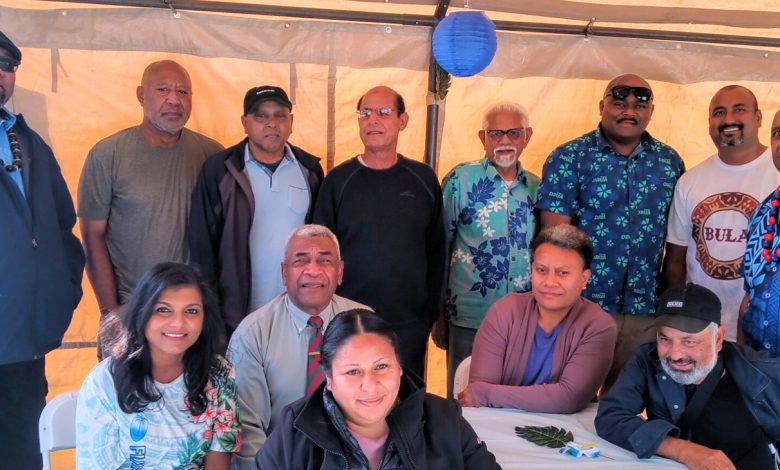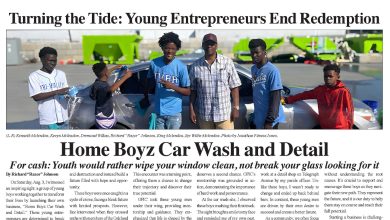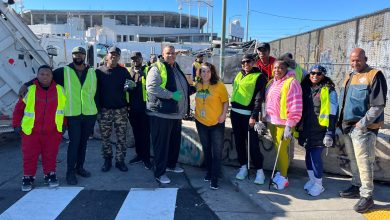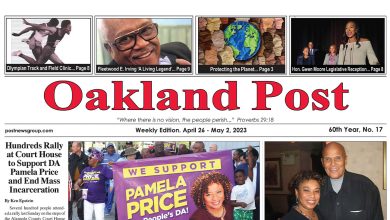Bay Area’s Fijian Community Celebrates Island’s Independence in Richmond

By Magaly Muñoz
The San Francisco Municipal Transportation Agency (SFMTA) voted 6-1 to authorize the city to tow large RVs parked in designated locations if parked overnight and if occupants refuse shelter from outreach teams.
This tactic is the latest tool by Mayor London Breed to crack down on homelessness and prevent people from continuing to sleep on the streets.
Police officers were previously only allowed to tow RVs on certain streets from 12 a.m to 6 a.m and with a warrant, but now under the new rule officers can tow if dwellers refuse services from city outreach workers on any street in San Francisco.
Staff assured the public that towing and citing of RVs would be “the last resort” and offers of shelter and services, like transportation tickets to loved ones living outside the city, would come first before escalation.
According to the 2024 Point in Time Count, 1,444 people were living in vehicles, but it is unsure how many were living in RVs. Those living in vehicles are considered unsheltered, despite many considering their campers or RVs as their homes.
Families are the largest population of those living in RVs in San Francisco. One hundred and thrity families were living unsheltered on the night of the count and 90% of them were in vehicles.
City staff said it is difficult to pinpoint how many people live in large vehicles, but there are currently 361 campers, trailers, and box trucks parked on the streets.
Advocates have been calling for a stop to the threats of towing to RVs because of concerns that families will be separated and displaced onto the streets if they decline county shelter options.
Representatives of Supervisors Ahsha Safai and Aaron Peskin read statements asking the MTA Board to vote against the resolution.
“A vehicle is not an ideal shelter, however, for these 117 unhoused families their RVs are their last minor protection from living on the street,” Safai wrote.
Peskin called the proposed action “inhumane” and officials should instead focus on finding comprehensible solutions that will not exacerbate vulnerable people’s problems.
MTA members and advocates inquired about permanent parking solutions for RV dwellers.
Currently, the city has “vehicle triage centers” (VTC) located at Candlestick Park, which allows people to safely park their mobile homes and receive services while waiting for permanent housing. But the number of accommodations is very limited, the site only serving 35 vehicles a night, when it was once projected that it would serve 155 vehicles.
While staff said they are looking into other permanent options, no new sites have been located at the moment to accommodate the current number of RVs parked on the street right now.
Parking restrictions will take effect on Nov. 1, but staff said it will not trigger an immediate city-wide ban on the RVs. Instead, enforcement workers will likely begin with one sweep per month, increasing them if needed.
The towing policy will cost the city $230,000.
Mayor Breed has been working to bring more enforcement measures to remove people from living and sleeping on the streets. She has previously said that the city will take a “very aggressive” approach in alleviating this problem.
“Our message is clear: accepting our help is not just an option, it is the option. If someone is offered housing, shelter, and support but turns us down, they cannot remain on the streets,” Breed said in a statement.





